Master of Design in Integrated Design: Empowering Design Leaders via Career-Focused Learning
17 Jan 2025
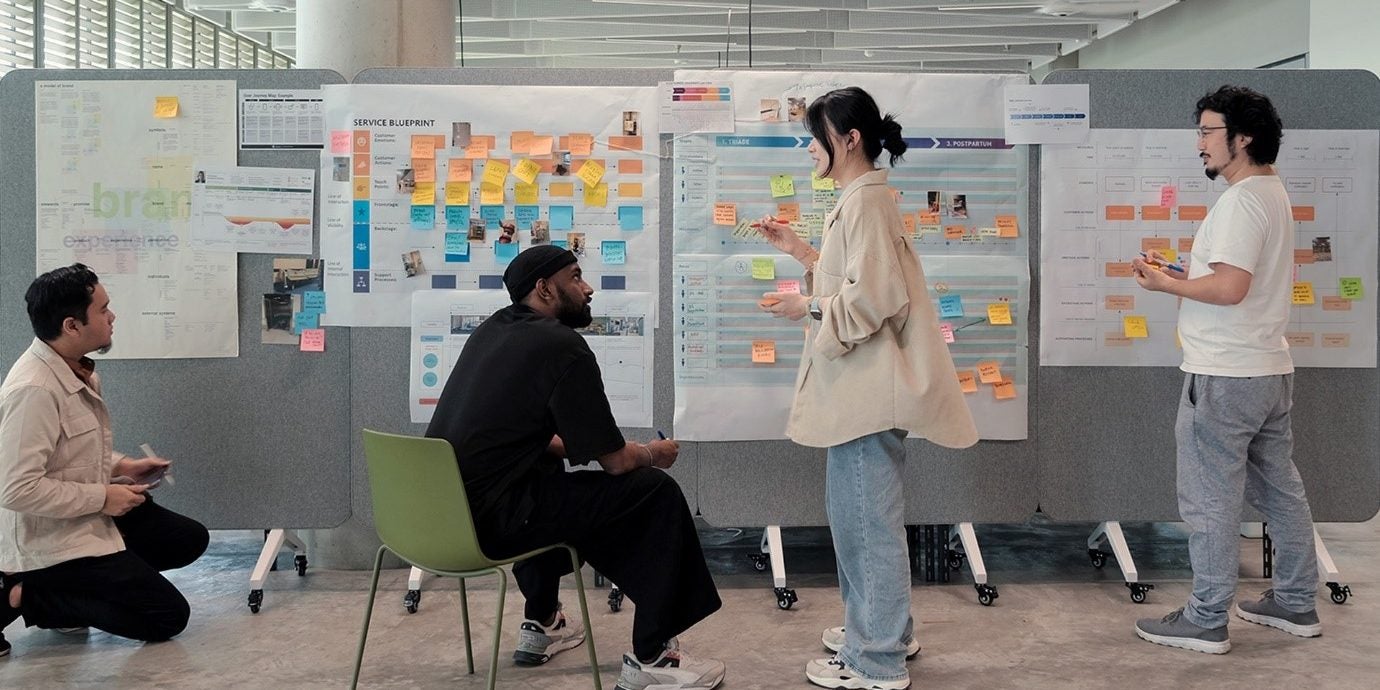
In today’s volatile, uncertain, complex, and ambiguous (VUCA) world, design transcends aesthetics to deliver adaptable solutions addressing rapid technological, societal, and environmental challenges. The Master of Design (MDes) in Integrated Design equips students to navigate this dynamic landscape, fostering innovative, sustainable, and impactful solutions.
In conversation with Programme Director Karin Aue, we explored what makes this programme exceptional for aspiring design leaders.
Guiding the Next Generation of Designers
Karin Aue brings two decades of international expertise to the MDes programme. A senior lecturer in the Division of Industrial Design (DID), her vision focuses on mentoring students to lead impactful, regenerative design solutions.
Ms Aue’s distinguished career spans Europe and Asia, with leadership roles at renowned organisations such as IDEO, KesselsKramer, and the Office for Metropolitan Architecture. As a partner at Chemistry, an award-winning innovation consultancy, she has driven transformative projects for public and private clients.
A Design Programme That Bridges Academia and Industry
The MDes in Integrated Design is a one-year, full-time coursework programme that cultivates design leaders across Service Design, Strategic Design, Experience Design, Interaction Design, and Transformative Design. Combining multidisciplinary learning with real-world application, students engage in immersive studio-based challenges, utilise cutting-edge facilities, and collaborate with industry partners.
Seminars on design leadership and topics like sustainability, inclusive design, and feminist design refine students' frameworks and empower them to solve real-world problems critically and creatively.
Over the years, DID has forged partnerships with established brands, like Samsonite, Schaeffler, Changi Airport Group, Mandai Wildlife Group, National University Hospital, North Carolina State University, The Young, Discova, Enzyme Consulting and more. These collaborations enable students to develop industry-ready skills while solving complex, real-world problems. As Ms Aue explains, “Design is not an isolated skill but a way of thinking and viewing the world that enables transitions toward sustainable systems, products, and organisations.”
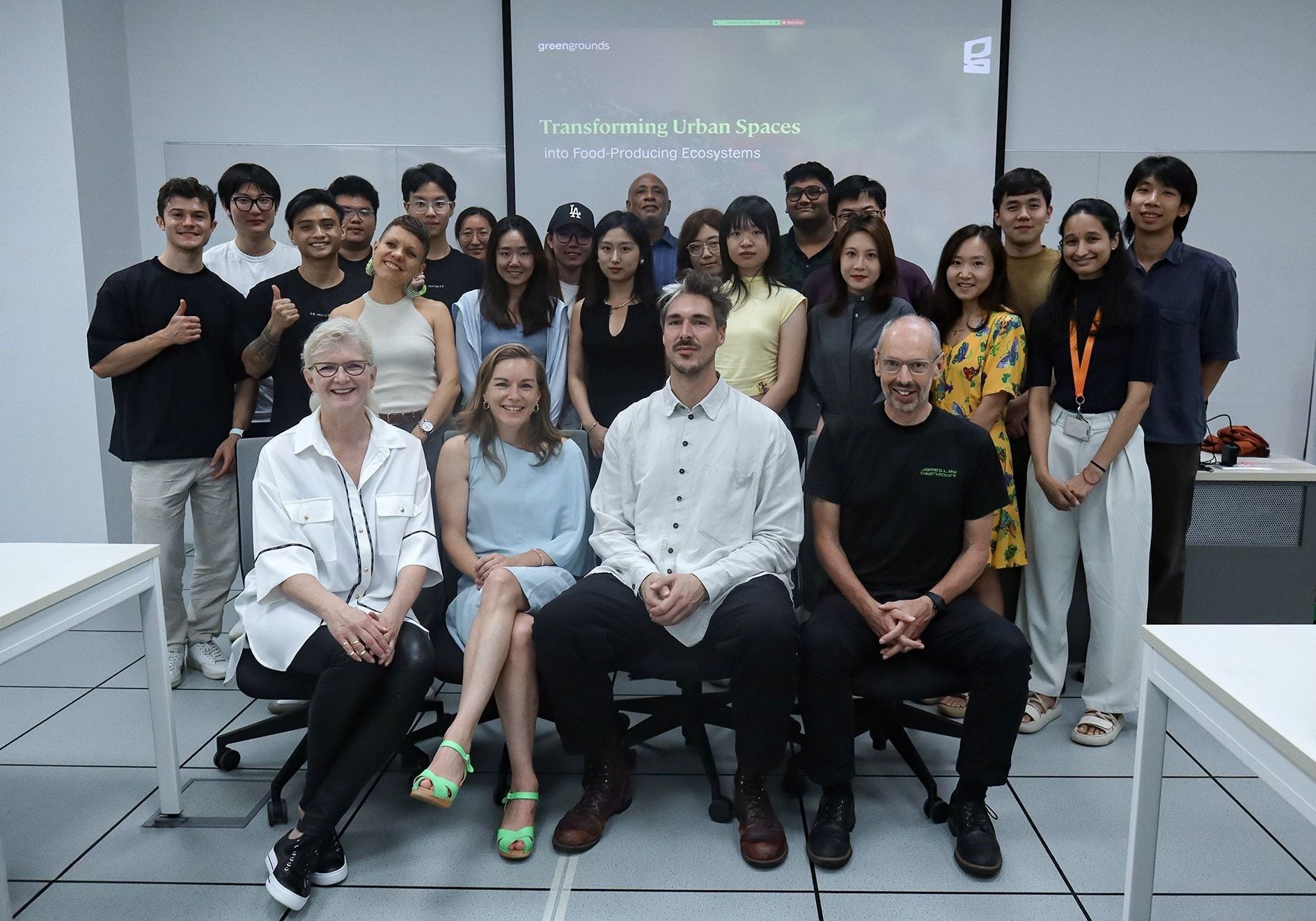
Globally Recognised Faculty
Ms Aue indicated that the MDes programme benefits from a distinguished faculty with proven expertise and numerous accolades, including the iF Design Award, iF Design Student Award, Lexus Design Award, Reddot Design Award, and James Dyson Award.
Introducing the faculty members, she cited that heading DID is Professor Cees de Bont, whose background in psychology and leadership roles at Delft University, Hong Kong Polytechnic, and Loughborough University reflect his commitment to innovation. His research spans sustainable design, inclusive design, and healthy living.
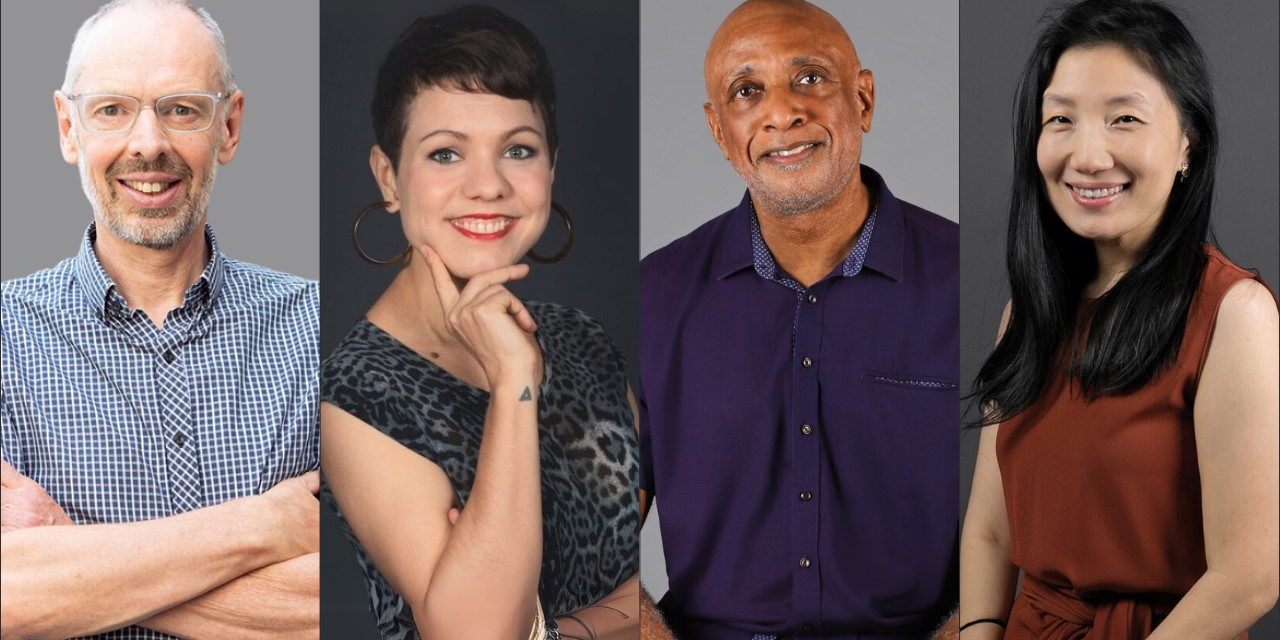
Associate Professor R. Brian Stone, Deputy Head of Academic, brings expertise in motion design and interaction design. An award-winning educator, his dynamic teaching style inspires innovative, user-centred solutions.
Associate Professor Jung-Joo Lee, Deputy Head of Research, specialises in Service Design and Co-Design. As Director of Service Design Lab Singapore, she collaborates with government agencies and global corporations, applying design to solve complex challenges.
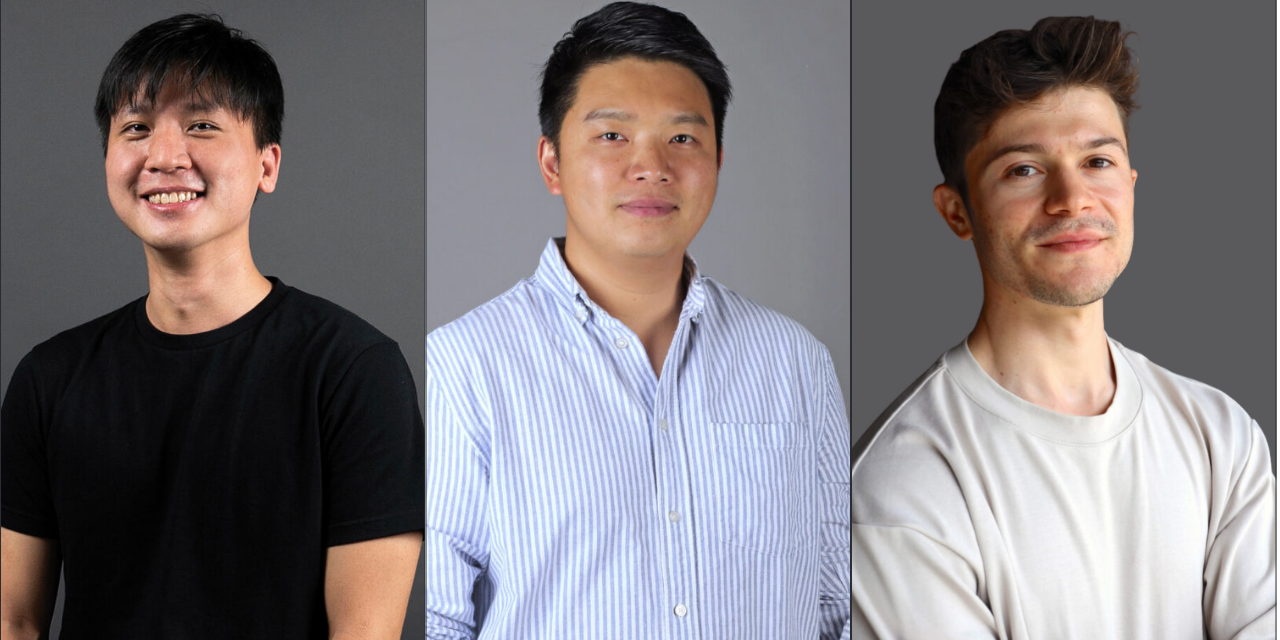
Assistant Professor Clement Zheng, Principal Investigator of the Interactive Materials Lab at DID, specialises in computational design, digital fabrication, and tangible interactions, fostering innovation through hands-on learning and design research.
Assistant Professor Janghee Cho focuses on Human-Computer Interaction and Social Computing. Janghee explores technology's role in sustainable living and future work, and his award-winning research is published in top HCI venues and supported by Meta.
Assistant Professor Gabriel Lipkowitz, Principal Investigator of the Interactive 3D Design Lab in DID, specialises in interactive 3D design and technology. Through his research, he aims to translate innovative design concepts into impactful interactive 3D experiences.
What Sets the Programme Apart
Studio-Based Challenges and World-Class Facilities
When asked what makes the programme stand out, Ms Aue emphasised that students engage in hands-on, project-driven challenges with industry partners in sectors like technology, finance, and consulting. This approach mirrors professional environments, fostering practical skills and global connections.
The programme’s state-of-the-art facilities, including workshops, photo labs, 3D printing studios, and research labs, empower students to bring their ideas to life. Collaboration within a supportive design community further enhances the experience.
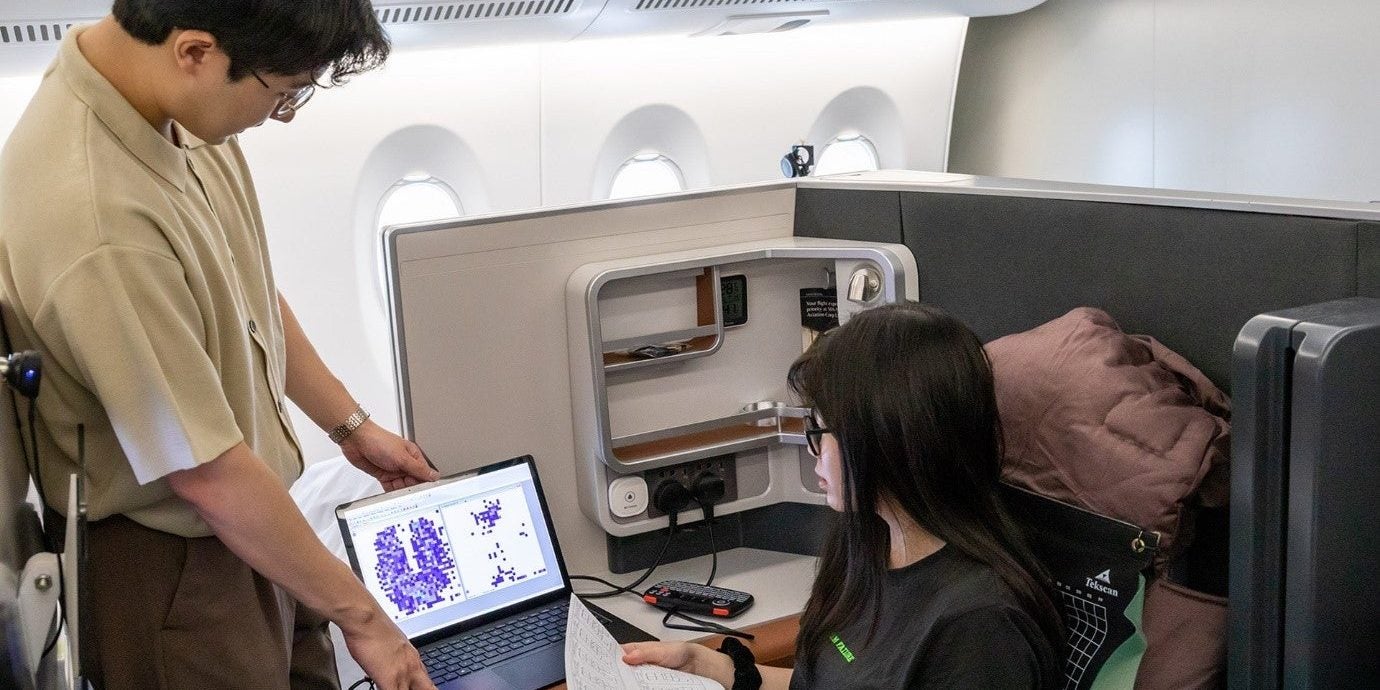
A Collaborative, Diverse and Proven Path to Success
The MDes programme thrives on collaboration, bringing together students and faculty from diverse cultural and professional backgrounds. Team-based projects and in-class activities encourage cross-cultural learning, enhancing the collective expertise of the cohort. Industry collaborations further enrich this environment by introducing global perspectives into the classroom.
As the programme director, Karin Aue, aptly puts it, “It’s exciting to see what students do with their learnings, the networks they build, and how they apply themselves at the next level.”
Reinforcing how industry-ready students become, Ms Aue highlighted that graduates have secured roles in leading organisations. Career opportunities span design studios, consultancies, startups, and government agencies.
Situated in Singapore, a global hub for design solutions, graduates are poised for success in a thriving job market.
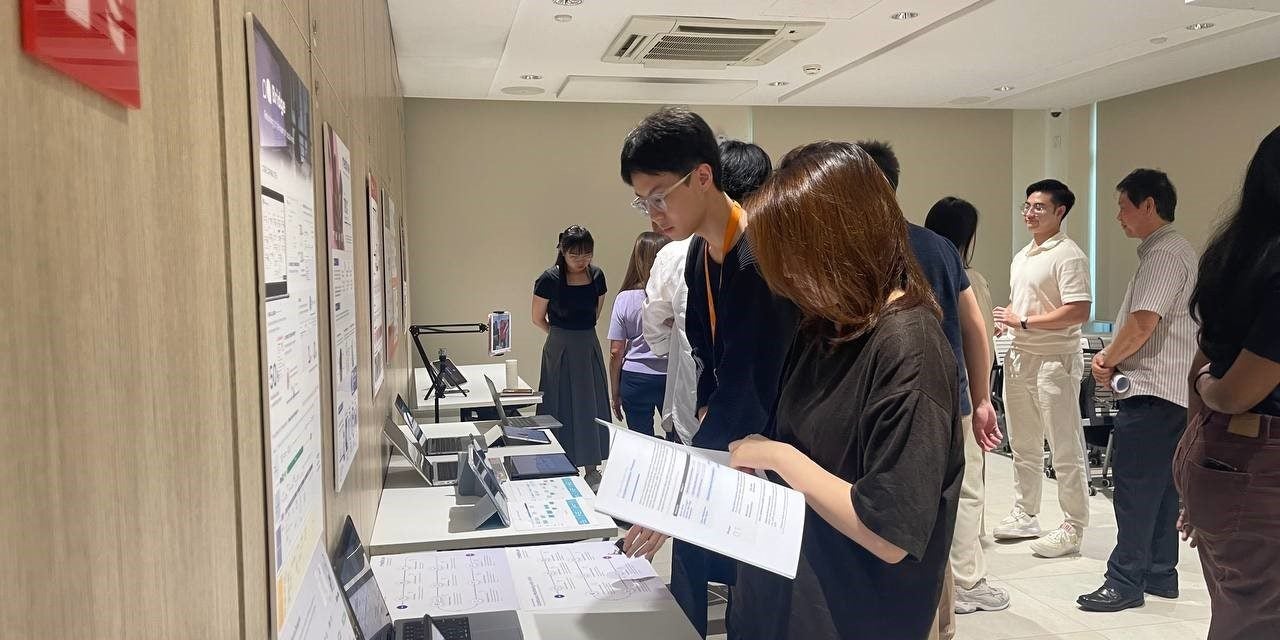
Financial Support and Accessibility
The Global Fellowship Programme is open to all outstanding applicants, for any master’s coursework programme by CDE. It provides a 40% rebate for international students with additional rebates for Singapore citizens, PRs and NUS alumni.
By enrolling in the MDes in Integrated Design at NUS, students are joining a vibrant, innovative community dedicated to shaping the future of design. With access to cutting-edge facilities, global networks, and real-world industry collaborations, students gain the skills and connections needed to thrive in a competitive market.
Explore your potential, expand your networks, and create impactful solutions that transcend boundaries. Your journey starts here.
Read More
Division of Industrial Design ▏Master of Design in Integrated Design ▏
Back to Scholar Insights to read more stories about CDE graduate programmes
College of Design and Engineering, NUS
Blk EA #06-16
9 Engineering Drive 1
Singapore 117575


